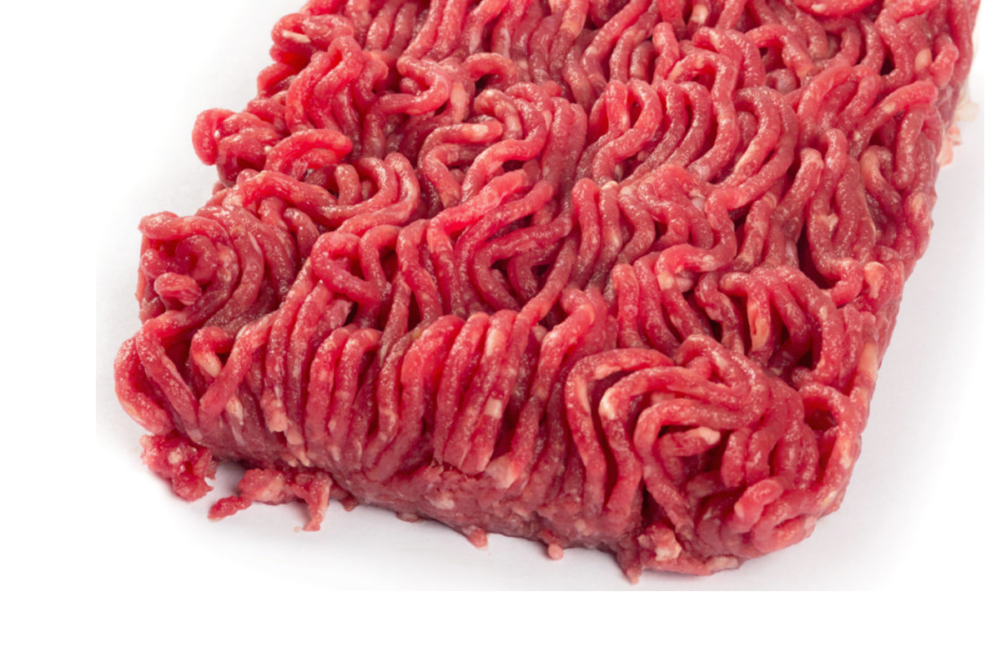LITTLE ROCK, ARK. — A new study from the University of Arkansas for Medical Science (UAMS) found that 100% ground beef is more effective at building muscle than a soy-based counterpart.
The findings were published in the American Journal of Clinical Nutrition and showed that the anabolic response to building muscle was greater for people consuming a 4 oz beef patty than for one or two 4 oz patties of a soy-based product. Results found that one serving of beef could reach the needed results, as opposed to twice as much soy protein.
Results also showed that beef could achieve the studied goal with 279 calories instead of 462 calories for the soy item.
“While both beef and soy are considered ‘complete’ proteins, the amino acids in beef are simply more available for the muscle to use efficiently,” said Robert Wolfe, PhD, a UAMS professor of geriatrics and the study’s principal investigator. “This efficiency can be important since the body is in a constant state of protein turnover to rebuild and repair proteins for functional health, especially when combined with physical activity and as part of healthy development and aging.”
Researchers also pointed out that the study explained the need for quality protein for muscle, especially as people grow older. Muscle mass continues to play an important factor in maintaining strength, balance and independence.
“Protein quality matters as much as quantity,” Wolfe said. “This research underscores the fact that foods like nutrient-rich ground beef can offer more muscle-building benefits, and that’s critical as people make dietary choices, especially when balancing calorie intake.”
Results from the UAMS study came from 24 healthy adults between the ages of 18 and 40 who were randomly assigned to consume one of three test meals: one 4-oz 100% ground beef patty (80% lean, 20% fat), one 4-oz Impossible patty, or two 4-oz Impossible patties.
Other researchers in the study included UAMS’ David Church, PhD; Shiloah Kviatkovsky, PhD; Arny Ferrando, PhD; Gohar Azhar, MD; and UAMS postdoctoral research fellow Joseph J. Matthews and Katie Hirsch, PhD, from the Department of Exercise Science, Arnold School of Public Health, University of South Carolina.
Research for the study was funded by the National Cattlemen’s Beef Association, which designed it “to better understand how animal- and plant-based proteins compare in promoting muscle protein synthesis, the process of repairing and rebuilding muscle fibers.”
UAMS said that NCBA did not have a role in the design, execution, interpretation or writing of the study.


